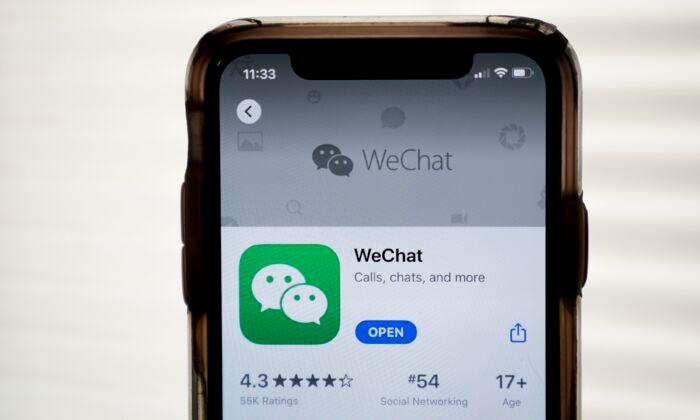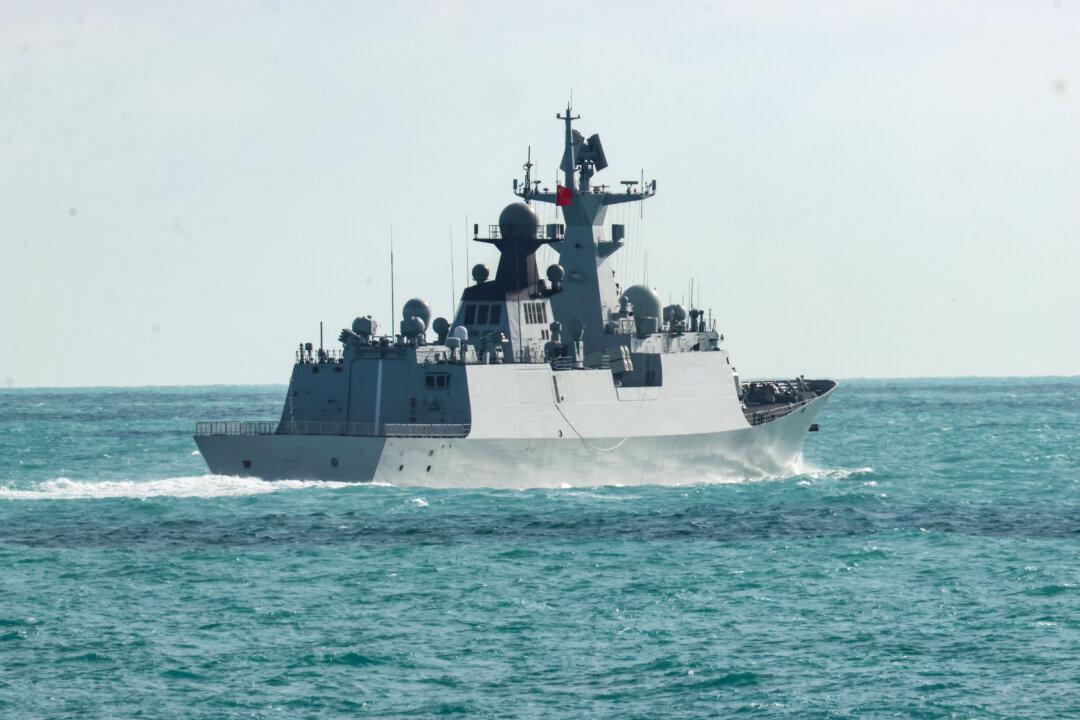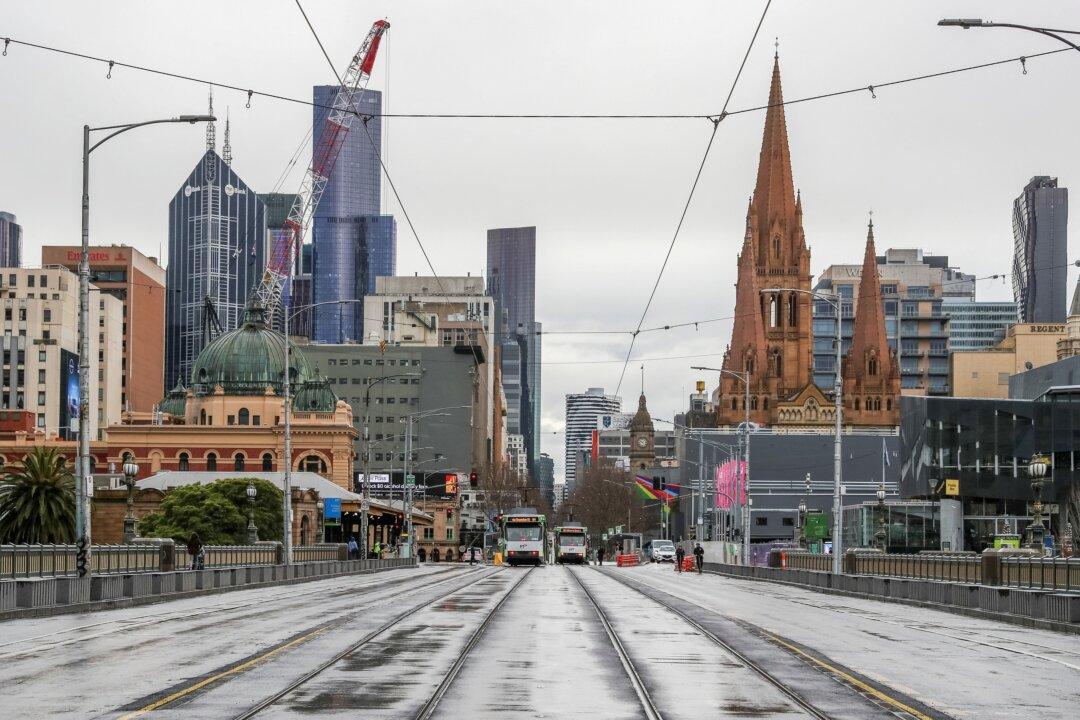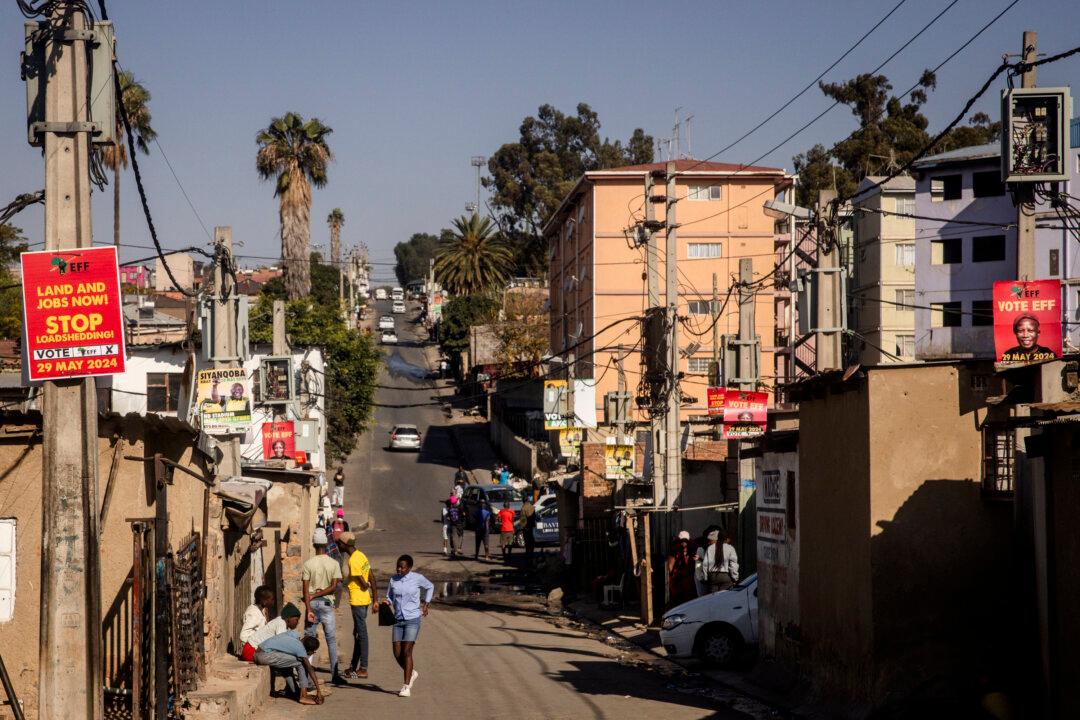WeChat has deleted Prime Minister Scott Morrison response to the Beijing foreign ministry’s inflammatory Twitter post belittling Australian soldiers.
The prime minister, who had previously condemned the post, took to WeChat to distance the actions of the Chinese Communist Party (CCP) from the 1.2 million-strong Chinese Australian community living in the country.
“Our Chinese Australian community will continue to play an important role in ensuring we remain a successful, multicultural nation,” he wrote.
Morrison also commended Australia’s transparency over the ADF war crimes issue and highlighted the strengths of liberal democratic nations.
Just hours later, WeChat deleted the prime minister’s post with WeChat moderators claiming it distorted historical events and would confuse the public.
Responding to the move by WeChat, Treasurer Josh Frydenberg’s said: “What the prime minister did in his WeChat message before it was disappointingly deleted was he made it very clear Australia is proud of its servicemen and women who wear the uniform.”
“Despite the challenges in the bilateral relationship, that in no way diminishes our respect and admiration for the Chinese Australian community, but also the people of China,” Frydenberg said.
Increasingly this year Australian federal ministers have been making a more pronounced distinction between the CCP and ethnic Chinese people.
Frydenberg also rejected suggestions the prime minister overreached in demanding an apology for the incendiary tweet.
Matt Warren, professor of cybersecurity at the Royal Melbourne Institute of Technology, said the incident re-emphasised the role the CCP plays directly influencing Chinese tech companies, and counters any argument that firms like WeChat, Huawei, and TikTok are independent.
“It also highlights the concerns the Chinese Communist Party has about Chinese speakers (via WeChat) understanding the truth about the situation, rather than the propagandist viewpoint put forward by the CCP,” he told The Epoch Times.
Meanwhile, Shadow Treasurer Jim Chalmers said difficulties in the Australia-China relationship were causing some concern amongst impacted exporters and industry groups.
“I think it is self-evident the relationship is not in good condition,” he told ABC radio. “It is an especially low ebb for the relationship between our countries.”
“China and Australia have long been united in advocating for the multilateral trading system and now might be the time to take our disagreements to that forum,” Willox said.
National accounts figures suggest the Australian economy could fully recover from the COVID-19 lockdown induced recession next year.
But that could depend on whether China remains a key market for Australian exports.





